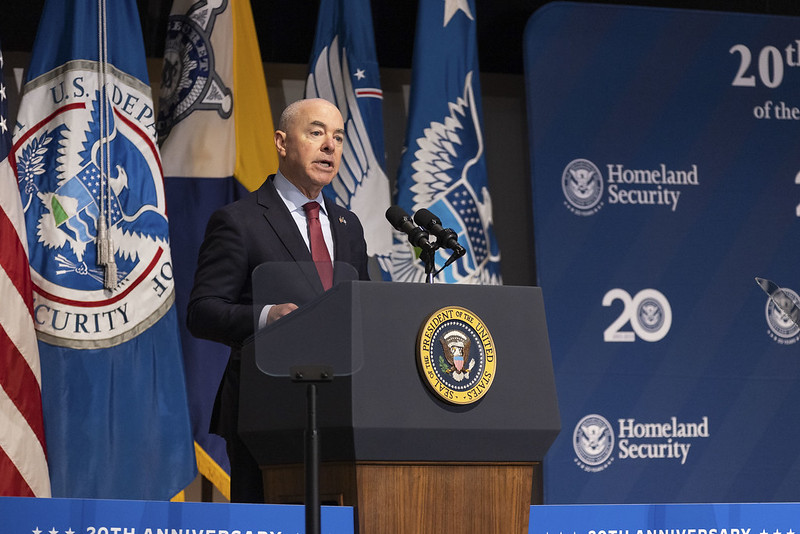 Temporary protected status (TPS) is an immigration designation under section 244 of the Immigration and Nationalities Act (INA) that is determined by the Secretary of Homeland Security granting eligible individuals the right to “temporarily” stay in the United States. TPS is approved for countries where conditions in the country or region temporarily prevent the nationals from returning safely, or in certain circumstances, where the country is unable to handle the return of its nationals adequately. The Department of Homeland Security (DHS) defines the following conditions as criteria for designating TPS: ongoing armed conflict (such as civil war), An environmental disaster, (such as earthquake or hurricane) an epidemic or other extraordinary and temporary conditions.
Temporary protected status (TPS) is an immigration designation under section 244 of the Immigration and Nationalities Act (INA) that is determined by the Secretary of Homeland Security granting eligible individuals the right to “temporarily” stay in the United States. TPS is approved for countries where conditions in the country or region temporarily prevent the nationals from returning safely, or in certain circumstances, where the country is unable to handle the return of its nationals adequately. The Department of Homeland Security (DHS) defines the following conditions as criteria for designating TPS: ongoing armed conflict (such as civil war), An environmental disaster, (such as earthquake or hurricane) an epidemic or other extraordinary and temporary conditions. Individuals in the United States from a designated country looking to file TPS, must simply fill out the I-821 application and are granted status. Once that status is granted the alien is not removable from the United States and can obtain an employment authorization document (EAD), Social Security numbers, and drivers licenses. Essentially living and working in the United States until it is safe to return to return home. But as is the case with most well-intentioned government safeguards, once you start the tap it is almost impossible to cut it off.
Currently there are 17 countries designated for TPS. Some of the longest designations are Somalia 33 years, Honduras & Nicaragua 25 years, El Salvador 23 years, and many others spanning 8-10 years.
There are almost a million people currently in the United States under TPS designation, some of them here since 1991. Congress created TPS to be a temporary form of relief, to be terminated when conditions in designated countries improve. TPS was never meant to provide a long-term or permanent immigration status for aliens living in the United States illegally. Numerous administrations, however, have caved to political pressure to extend TPS for nationals of these countries despite the statute’s clear directives.
The Trump Administration announced plans to terminate TPS for El Salvador, Haiti, Honduras, Nepal, Nicaragua, after the determination that the conditions in these countries no longer justified their TPS designations. All the proposed terminations were decades old designations, most of which were originally introduced for hurricane and earthquake damage that happened over 20 years prior. The Trump administration was immediately sued and kicked around for months in court. Eventually the Biden administration rescinded the termination only to extend the designation… again.
TPS is a “temporary” executive authority that can be created but somehow not ended. We must support policy that winds down these continued de facto amnesty programs which have allowed millions to stay in the country on an unknown timetable.

